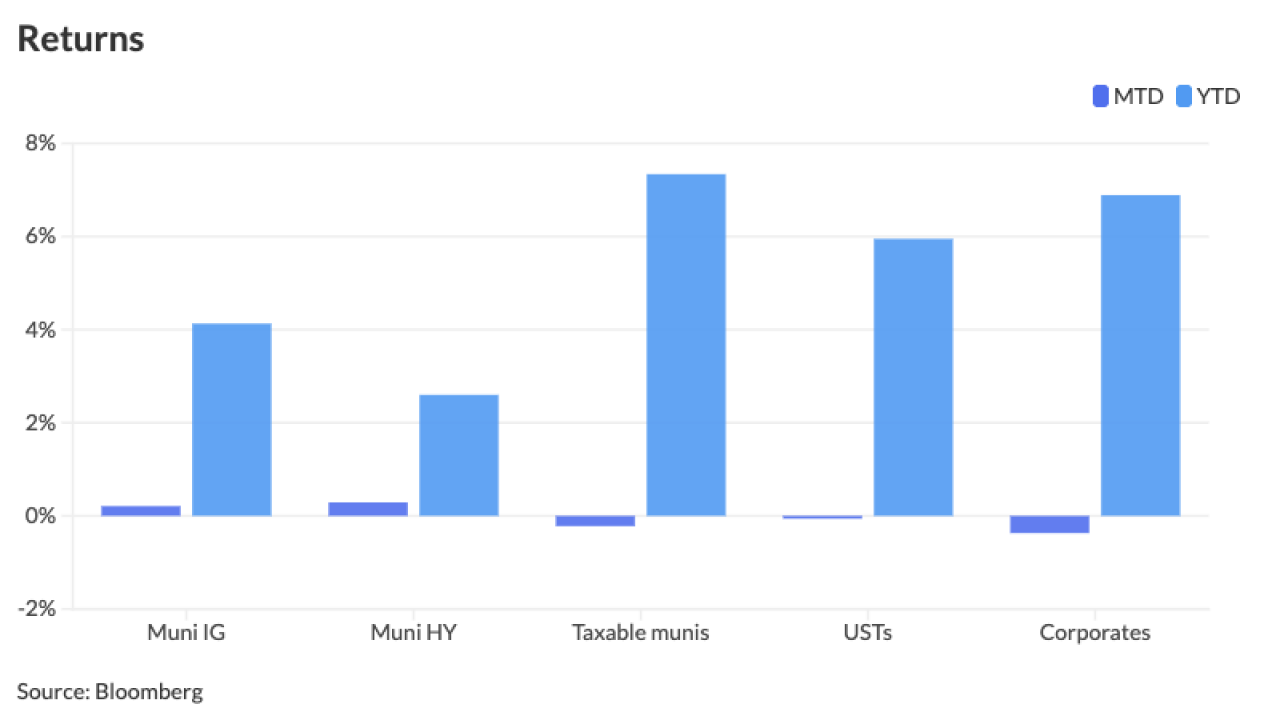A Republican congressman from Florida has introduced legislation that would terminate legislative authority for issuing tax-exempt bonds to finance energy conservation, infrastructure, school, hospital small manufacturing and other projects.
Rep. Dennis Ross recently introduced H.R. 243, the “Bowles-Simpson Plan of Lowering America’s Debt Act,” incorporating some of the recommendations from the so-called Bowles-Simpson, or National Commission on Fiscal Responsibility and Reform, report released in 2010.
The bill would also repeal the alternative minimum tax, which currently is applied to private activity bonds. It would impose a 10% income tax rate on taxable income of $100,000 or less, a 20% rate on income over $100,000 and a 20% rate for net capital gain exceeding $1 million.
In a statement, Ross said the bill would enact substantive tax reform for individuals and corporations while reducing federal government spending.
It would repeal various other tax credits, deductions and exclusions.
The bill would eliminate authority for a majority of tax-exempt private-activity bonds. Specifically, it would prohibit tax exemption of interest for qualified energy conservation bonds, new clean renewable energy bonds, as well as for exempt-facility bonds for water, sewer and solid waste facilities, highway or surface freight transfer facilities, airports, docks, and wharves.
The measure would also terminate the authority for tax-exempt bonds for public educational facilities, as well as for tax-exempt qualified small issue bonds, hospital bonds, tribal economic development bonds, and qualified zone academy bonds.
Recently both Democratic and Republican lawmakers on the House Ways and Means Committee said they would re-examine rules for private-activity bonds due to concerns highlighted in a New York Times article that the federally subsidized bonds were being used to finance private projects such as the Goldman Sachs building in Manhattan.
Separately, Sen. David Vitter, R-La., earlier this year introduced a bill that would prohibit the use of federal funds to purchase or guarantee obligations of state or local bonds at risk of defaulting without such federal assistance.
That bill, S.101, would prohibit the Secretary of the Treasury from using directly or indirectly, general fund revenues or borrowed funds to purchase or guarantee any asset or obligation of any such state, municipal, local or county government that would be at risk of default without such federal assistance.
It also bars the Board of Governors of the Federal Reserve System from providing or extending state and local governments with the taxing authority or bonding authority or assisting a government entity.





